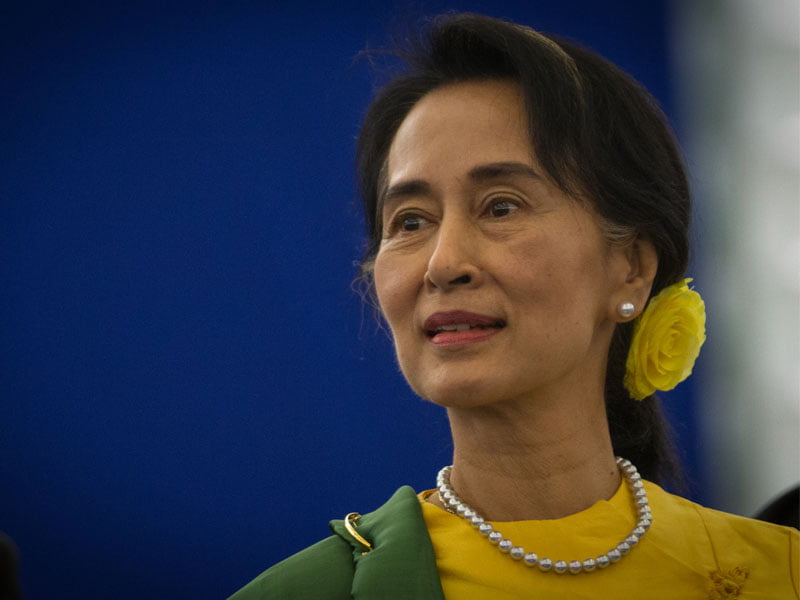In the months before Myanmar’s first widely-contested general election in 25 years this past Sunday, aid groups and local entrepreneurs were working overtime to solve a problem that is common to developing countries on the rocky path to democracy.
How do you educate millions people who have no experience or recent cultural history of a democratic political process or voting in elections to help them make the choice they want?

The Australian Government’s AusAid and its partner, US aid group The Asia Foundation, decided to look for information tools accessible via mobile phones to fill that education gap.
In recent years, mobile technology has completely transformed communications in Myanmar where, only 15 years ago, queuing patiently for several hours was the only way to make a simple telephone call.
But after the second iteration of that dictatorship embarked on a path toward the opening up of the society, two 3G licences were handed out to Norway’s Telenor and Qatar’s Ooredoo to compete with the hitherto expensive government-run CDMA network MPT.
“Myanmar’s telecoms sector is rapidly evolving, and we estimate that approximately 65 per cent [of the] subscribers in the country are on smartphones,” Telenor CEO Petter Furberg said in a statement in June.
“Within our own base of 6.4 million customers, 65 per cent are data users and close to 60 per cent are smartphone users,” he said.
To run the program, the aid groups chose Phandeeyar: Myanmar Innovation Lab, a local technology incubator founded by Australian David Madden who has been in the country’s commercial Yangon for a number of years.
Mr Madden knows a thing or two about leveraging technology for political purposes, having been a founder of Australian online activist group GetUp and also working in the technology group of Barack Obama’s successful campaign for the US Presidency in 2008.
“We set up the Mae Pay Soh hack challenge,” Mr Madden said, explaining the word means ‘let’s vote’ in Burmese.
“There was a big public database created by The Asia Foundation initially, that contained all the information about the candidates, and digitised all the information about the parties, and topics they asked questions about in parliament,” Mr Madden told InnovationAus.com*.
During September the group held two week-long competitions using the hackathon model with 137 developers in 30 teams to come up with the best apps and websites to utilise this data to provide information to people.
“There is not a long history of elections, so people’s understanding of the political system and how it works is super low,” Mr Madden said
“There were three winning apps, and an honourable mention that have been extensively distributed around the country, and promoted on digital media that is dominated by Facebook Myanmar where there are 6.4million users,” he added
Two days before the November 8 election, Mr Madden said there had been six million hits on the database via apps and websites
“The top winner, M-Voter, was created a by a group of 18-year-olds and has had over 50, 000 downloads via the [Google] Play store, “ Mr Madden said, but noted this was far from the only way to access local apps, with many using application sharing platforms such as Zapya.
Even more importantly, the M-Voter application has had a 60 per cent repeat usage rate,” he said, saying this meant that users were sharing it with friends and family.
Michael Sainsbury is InnovationAus.com’s Bangkok-based Asia Correspondent. He travelled to Yangon to cover the historic November 8 elections.
* the orginal version of this story inadvertently attributed the creation of the database to the Generation 88 Peace and Open Myanmar
**Photo Credit: Claude TRUONG-NGOC
Do you know more? Contact James Riley via Email.
